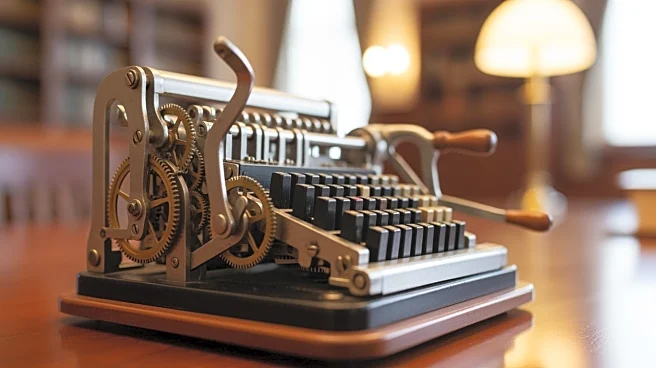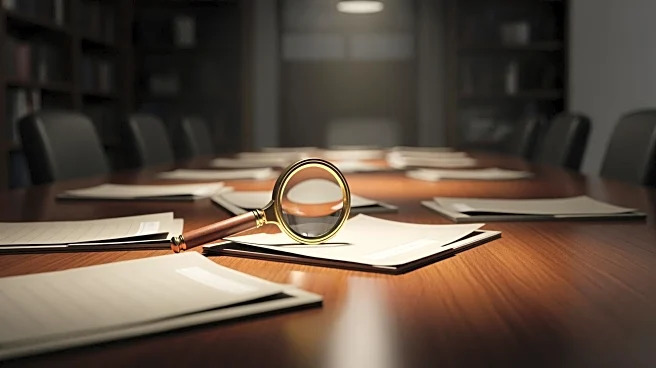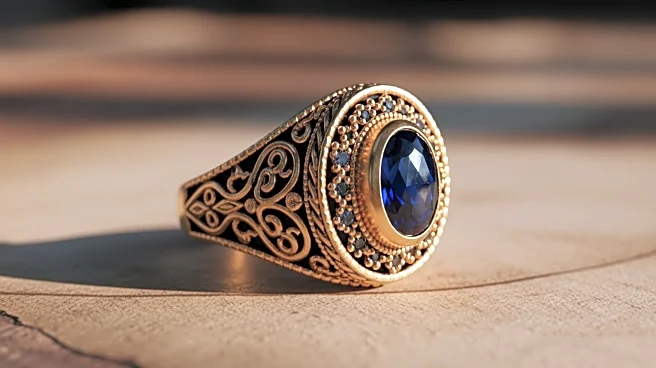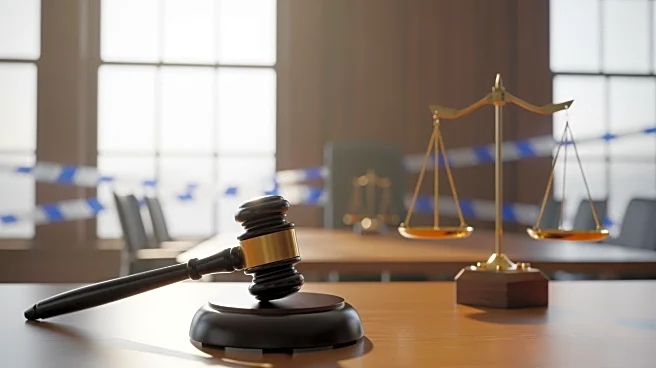What's Happening?
A Paris court has provisionally blocked the auction of La Pascaline, one of the world's first calculating machines, developed by French mathematician Blaise Pascal in 1642. The court's decision prevents the historic item from being exported, citing its
potential classification as a 'national treasure' under France's heritage code. The auction was organized by Christie's and included in the sale of the library of the late Catalonia collector Léon Parcé. The machine, valued between €2 to 3 million, was described by Christie's as the 'most important scientific instrument ever offered at auction.' The court's decision follows a legal appeal by scientists and researchers who argued for heritage protections. The judge expressed 'serious doubts' over the legality of the export certificate previously authorized by France's culture minister.
Why It's Important?
The court's decision to block the auction of La Pascaline underscores the importance of preserving historical artifacts that hold significant scientific and cultural value. By potentially classifying the machine as a national treasure, France is prioritizing the protection of its heritage, ensuring that such items remain accessible for educational and research purposes. This move highlights the ongoing debate between commercial interests and cultural preservation, as auction houses often seek to capitalize on the sale of rare artifacts. The decision may influence future policies regarding the export and sale of historical items, encouraging countries to strengthen their heritage protection laws. Additionally, it raises awareness about the significance of early scientific instruments in understanding the evolution of technology.
What's Next?
The Paris court's decision is provisional, pending a final judgment. If La Pascaline is officially classified as a national treasure, it may remain in France, potentially being displayed in museums or used for educational purposes. The case may prompt other countries to reevaluate their heritage protection laws, ensuring that significant artifacts are preserved for future generations. Auction houses like Christie's may need to adapt their strategies, considering the legal and ethical implications of selling historical items. The outcome of this case could set a precedent for similar disputes, influencing how cultural heritage is managed globally.














